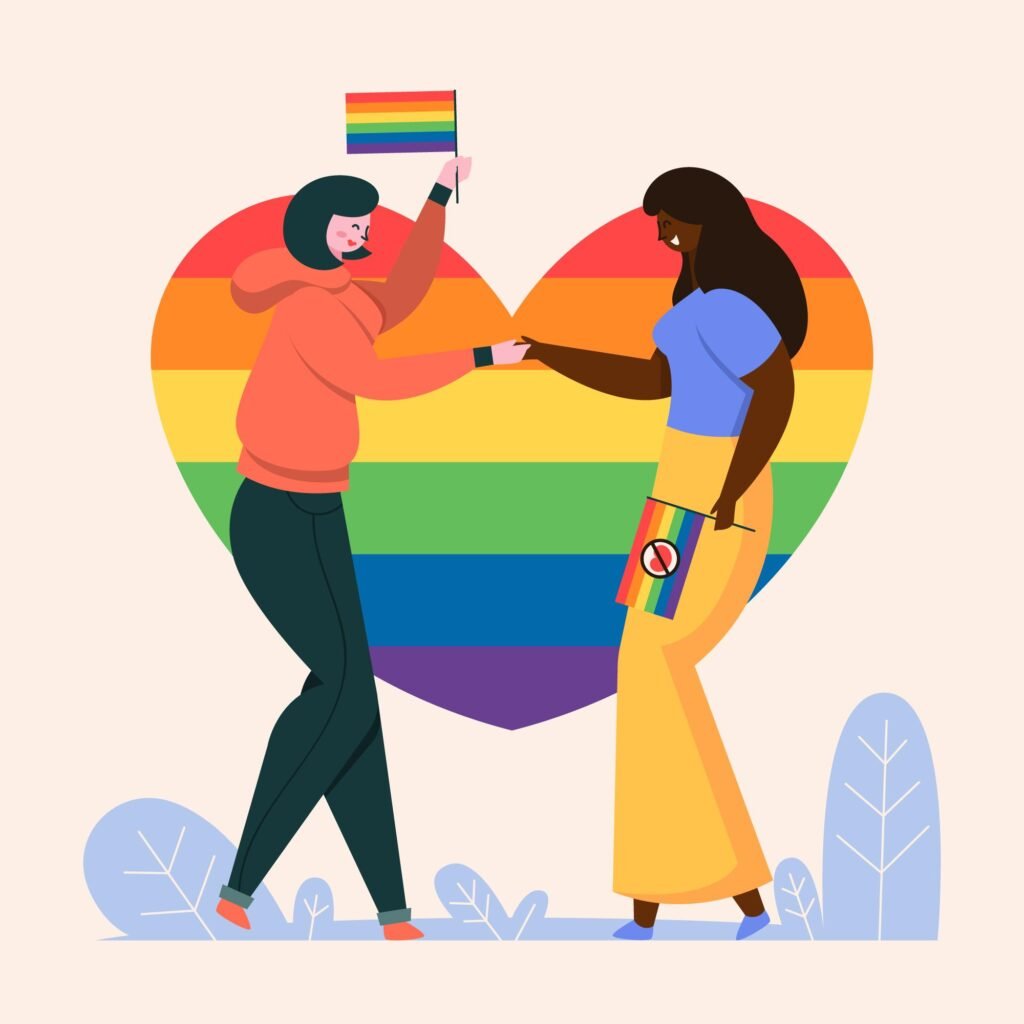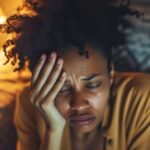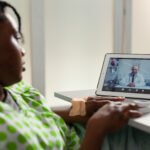Nowhere to Turn: Bisexual Women’s Segregation
Lisa Samy
June 2024
It’s common knowledge that members within the LGTBQ+ community are locked into a constant fight against discrimination, violence, and bigotry. Yet, one subgroup of the community has a higher proximity to these dangers than most: bisexual women.
Indeed, numerous studies give us a glimpse into the disparities. In comparison to their lesbian and heterosexual counterparts, bisexual women have higher rates of “rape, physical violence, or stalking by an intimate partner,” reaching a startling 61 percent of the bisexual women documented.[2] Furthermore, the Bisexual Resource Center indicates bisexual women “are less likely to be out” compared to lesbian women, and have a higher risk of mental disorders such as depression and anxiety.[2] It’s abundantly clear that bisexual women are not receiving the support they need. The reasons are rooted in a plethora of factors, but there are a prominent few that pose the biggest threats to bisexual women’s well-being.

The Dangers of Bisexual Invisibility
Society is largely catered toward rigid binaries and monosexuality (male/female, straight/gay), meaning plural attraction is largely misunderstood and unaccepted.[5] Bisexual women are often told that they are confused, and they either engage in same-sex activities because it’s a “phase” or that they are “secretly gay.”[4] Essentially, everyone sees their dating life as an “either/or” situation. If a bisexual woman is with a man, she’s straight. If a bisexual woman is with a woman, she’s a lesbian. Thus, a bisexual woman feels immense pressure to “be gay or straight enough,” or her sexuality is, in the eyes of others, a fad.[4] This might result in her engaging in frequent, unsafe sexual activity to “prove herself,” or choosing to never come out to prevent constant questioning about her sexuality.[5] Both options undoubtedly jeopardize her health, both physically and mentally.
A Long History of Fetishism
Hypersexualism is a long-standing stereotype of bisexuals: they are greedy and will “sleep with anyone,” leading to constant exploitation of bisexuals as a sexual fetish.[1]In particular, heterosexual men are notorious for eroticizing bisexual women—they are “performing” for these men, but are still “sexually available” to them[4]. However, their enjoyment is not flattering to bisexual women. It conveys the dangerous notion that bisexual women don’t pursue women romantically for themselves but for the pleasure of men. As a result, the skepticism and disgust towards bisexual women only increases across communities.
Biphobia in the LGBTQ+ Community
It’s not as simple as it seems for bisexual women to look to the queer community for support—not when they have a history of perpetuating biphobia themselves. In online communities, bisexual women often post about the lack of acceptance and stereotypes in the queer community, highling not just the loneliness they feel, but the shock they feel that fellow LGBTQ+ members would perpetuate biphobic behavior.[1]
Robyn Ochs, a bisexual woman and author, says, “Gay and lesbian identified individuals frequently view [bisexuals] as possessing a degree of privilege not available to them.”[3] The impact of this belief is prominent, particularly in lesbian spaces (Heinze, 2021). Lesbians are notorious for rejecting bisexual women as romantic partners because they appear untrustworthy (they will leave them for a man), incapable of monogamy, and are “sleeping with the enemy.”[3] It’s true that bisexual women can marry a man, thereby avoiding homophobic violence, but conditional acceptance and suppressing their sexuality is not acceptance. It’s not a privilege. It’s a cage.
Reclaiming Their Identity
Bisexual women have long had their identity mischaracterized, slandered, and defined by both queer and straight folk alike. They seldom had little opportunity to construct their identities for themselves. When we allow bisexual women the chance to speak candidly, stop anti-bisexual discrimination, and champion equality, they can feel ownership of their identity.
“My sexual orientation is not a choice,” Joellyn Wilken Weingourt from The Equality Federation, an LGBTQ+ advocacy organization, says. “I am a cisgender woman, somewhere in my 40s, I have a husband and a child. And I am proud to be bisexual. I am proud of my past and my present. I am excited about my out and proud future.”[3]
References
[1] Heinze, JL. (2021). Bi+ Issues in Society. National Sexual Violence Resource Center. https://www.nsvrc.org/blogs/Bi-phobia-series/bi-issues
[2] Heinze, JL. (2021). Disparities in Bi+ Health and Sexual Violence. National Sexual Violence Resource Center. https://www.nsvrc.org/blogs/Bi-phobia-series/disparities-bi-health-and-sexual-violence
[3] Kincaid, Laken. (2021). Biphobia and Acceptance in the LGBT Community. The Carroll News.
[4] Wells, Sian. (2021). Stop Fetishizing Bi Women, Our Sexuality Is Not For You. Her Campus. https://www.hercampus.com/school/nottingham/stop-fetishizing-bi-women-bi-erasure-amongst-s tudents/
[5] York, Thomas. (2021). ‘People erase my existence.’ The British Psychological Society. https://www.bps.org.uk/psychologist/people-erase-my-existence





